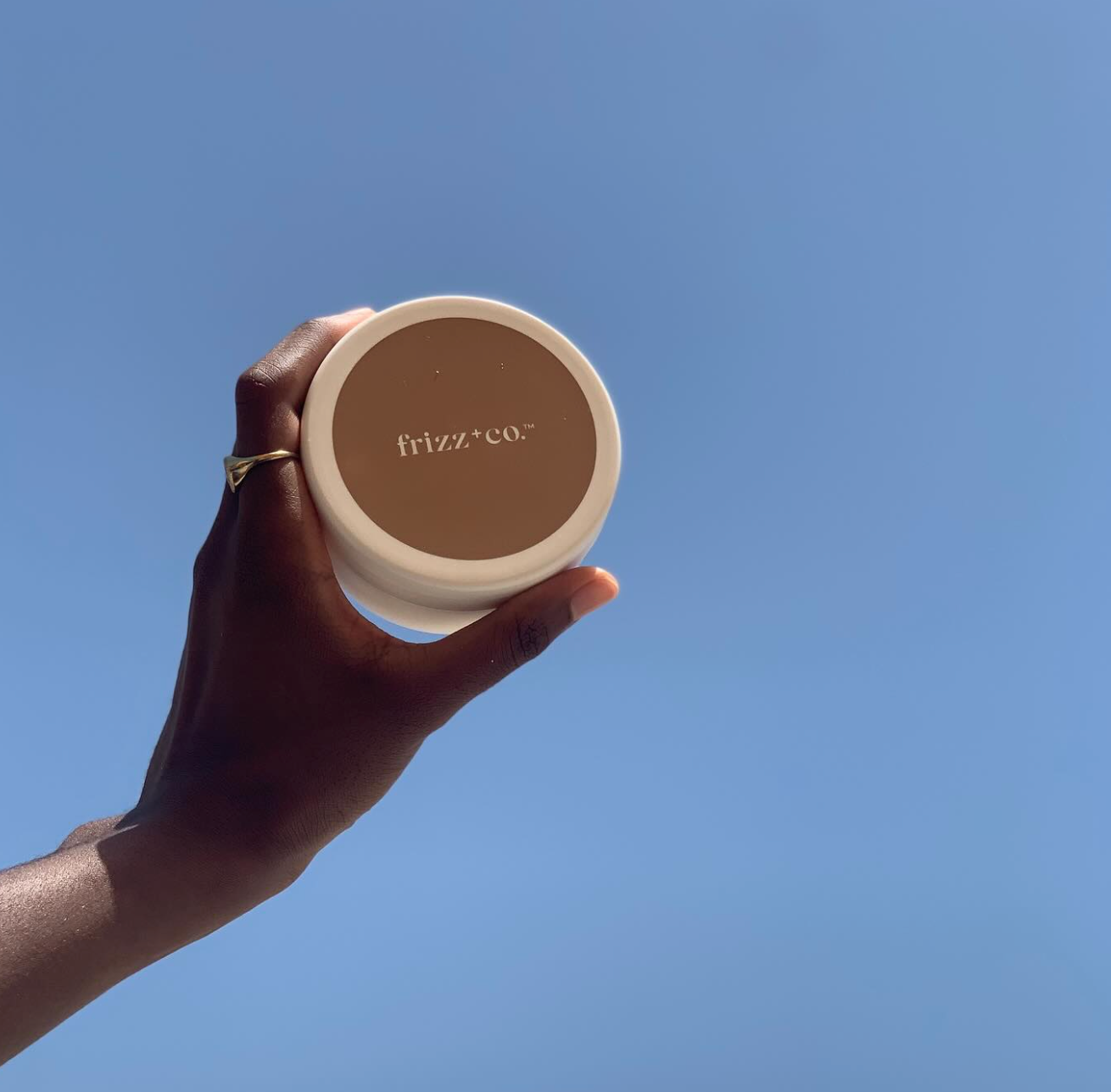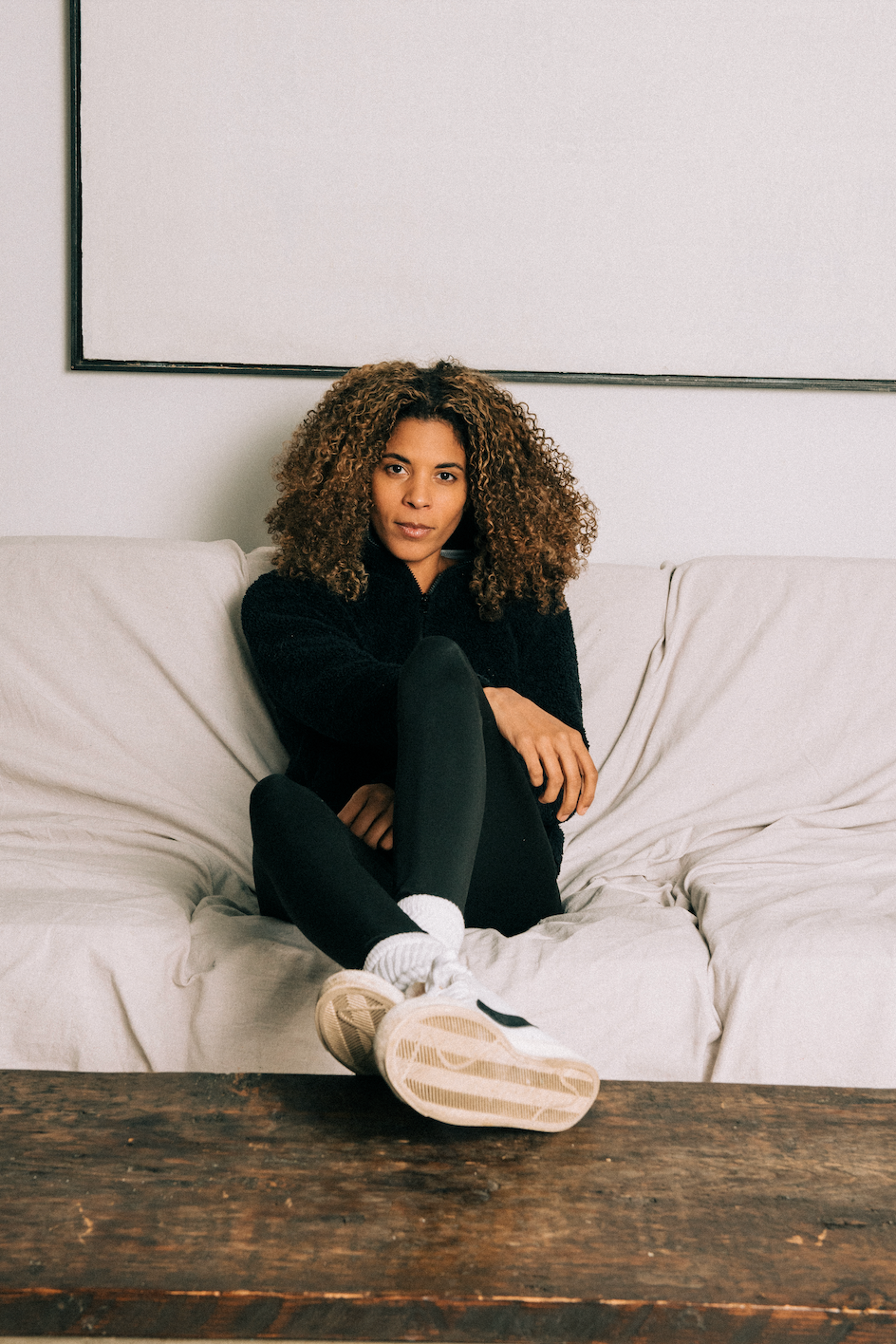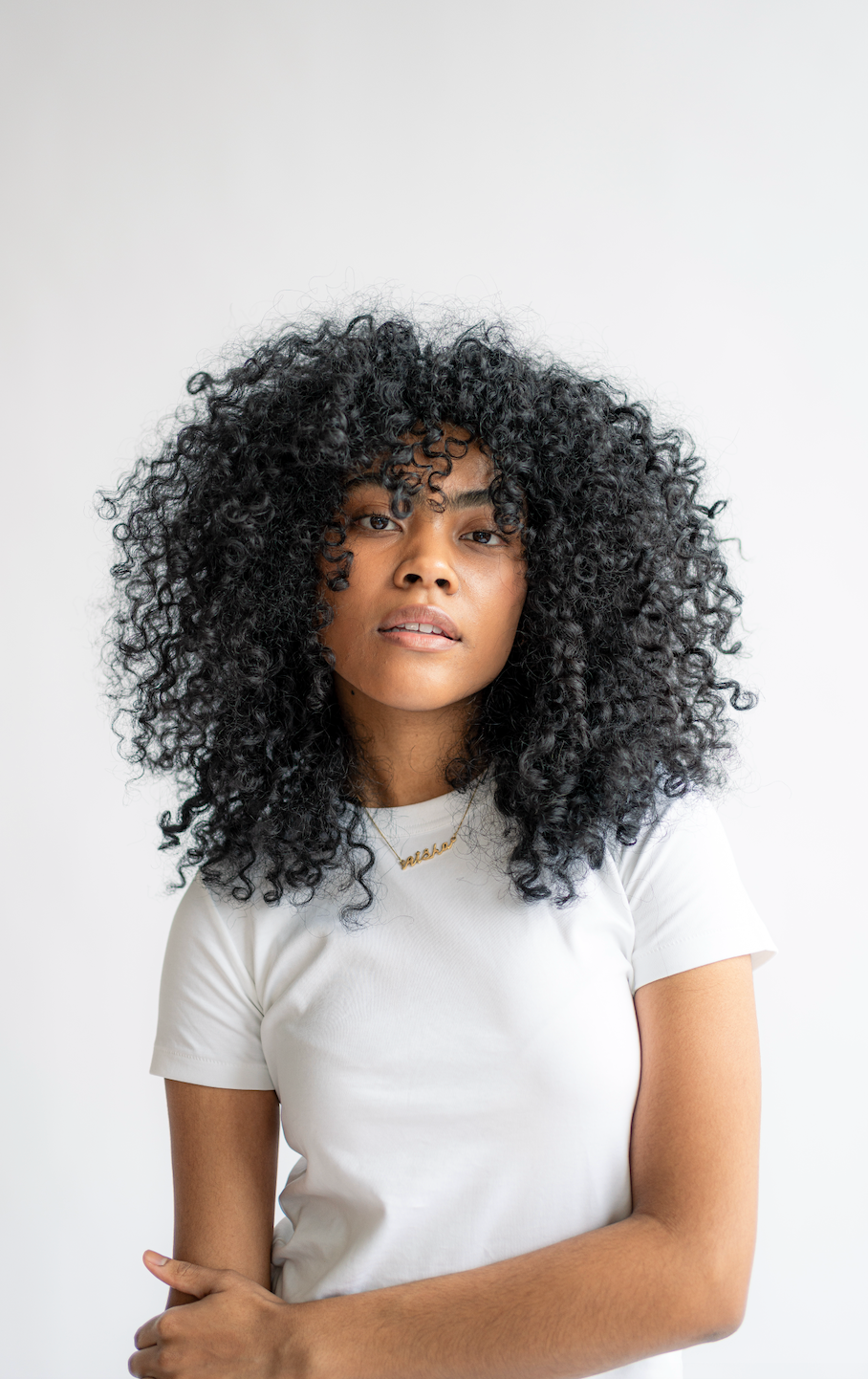Maintaining curly hair can be a balancing act between moisture and protein. Understanding the needs of your curls is essential for achieving healthy, defined, and frizz-free hair. In this post, we'll dive into the differences between moisture and protein, their roles in hair health, and how to find the perfect balance for your curly hair.
Understanding Hair Moisture
Moisture is crucial for curly hair, as it helps to keep curls hydrated, soft, and manageable. Curly hair tends to be drier than straight hair because the natural oils from the scalp have a harder time traveling down the twists and turns of the hair shaft.
Benefits of Moisture for Curly Hair
- Hydration: Moisture keeps curls hydrated, reducing dryness and brittleness.
- Softness: Proper hydration makes curls soft to the touch.
- Manageability: Well-moisturized curls are easier to detangle and style.
- Frizz Reduction: Moisturized hair is less prone to frizz and flyaways.
Key Ingredients for Moisture
- Water: The most basic and essential ingredient for hydration.
- Humectants: Ingredients like glycerin, aloe vera, and honey that attract moisture from the air.
- Emollients: Oils and butters (e.g., shea butter, coconut oil) that seal in moisture.
Understanding Hair Protein
Protein is the building block of hair. It's essential for maintaining the strength and structure of your curls. Hair is primarily made of keratin, a type of protein, which can be damaged by heat styling, chemical treatments, and environmental factors.
Benefits of Protein for Curly Hair
- Strength: Protein strengthens the hair shaft, reducing breakage.
- Elasticity: Proper protein levels improve hair elasticity, preventing it from snapping.
- Structure: Protein helps maintain the shape and definition of curls.
- Damage Repair: Protein treatments can repair damage from heat and chemical processes.
Key Ingredients for Protein
- Keratin: A primary protein found in hair.
- Silk Protein: Adds softness and shine.
- Wheat Protein: Helps strengthen and repair hair.
- Collagen: Improves hair elasticity and strength.
Signs Your Hair Needs Moisture
- Dryness: Hair feels dry and rough to the touch.
- Frizz: Excessive frizz, especially in humid conditions.
- Dullness: Lack of shine and vibrancy.
- Tangling: Hair tangles easily and is difficult to manage.
Signs Your Hair Needs Protein
- Limpness: Hair feels overly soft, mushy, or stretchy.
- Breakage: Frequent hair breakage and split ends.
- Lack of Definition: Curls appear undefined and lack bounce.
- Weakness: Hair feels weak and easily snaps.
Finding the Perfect Balance
Balancing moisture and protein is key to maintaining healthy curly hair. Here are some tips to help you find the right balance:
- Assess Your Hair's Needs Determine whether your hair is lacking moisture, protein, or both. This can change based on factors like weather, styling habits, and overall hair health.
- Alternate Treatments Incorporate both moisture and protein treatments into your hair care routine. For example, use a deep conditioning mask for moisture one week and a protein treatment the next. Visit our tutorials for deep conditioning best practices.
- Listen to Your Hair Pay attention to how your hair responds to different products and treatments. Adjust your routine based on how your hair feels and looks.
- Use Balanced Products Some products are formulated with a balance of moisture and protein. These can be a great option for maintaining overall hair health without the guesswork.
Conclusion
Achieving the perfect balance between moisture and protein is essential for maintaining healthy, beautiful curls. By understanding the roles of moisture and protein, recognizing the signs of imbalance, and adjusting your hair care routine accordingly, you can ensure your curls remain strong, hydrated, and full of life. Balancing moisture and protein for curly hair is the key to achieving and maintaining optimal curl health.



